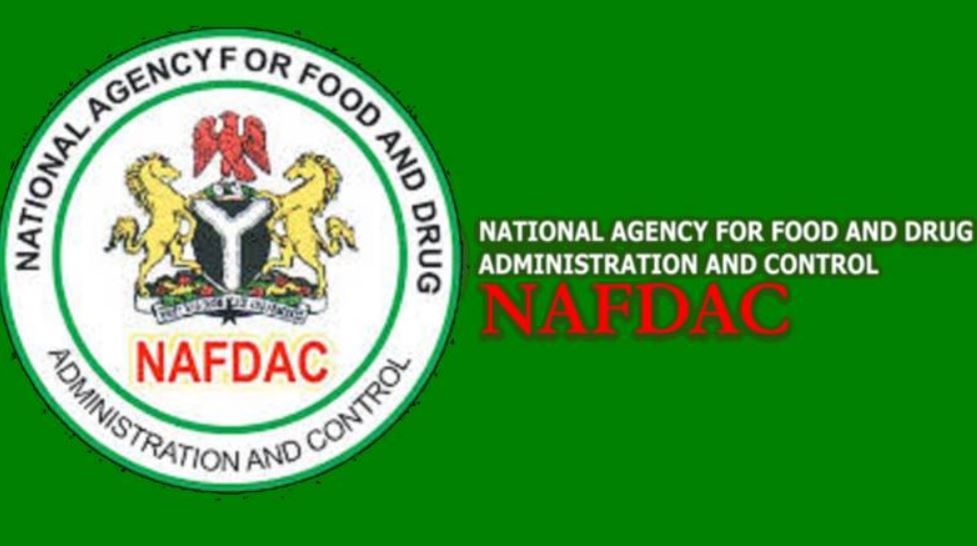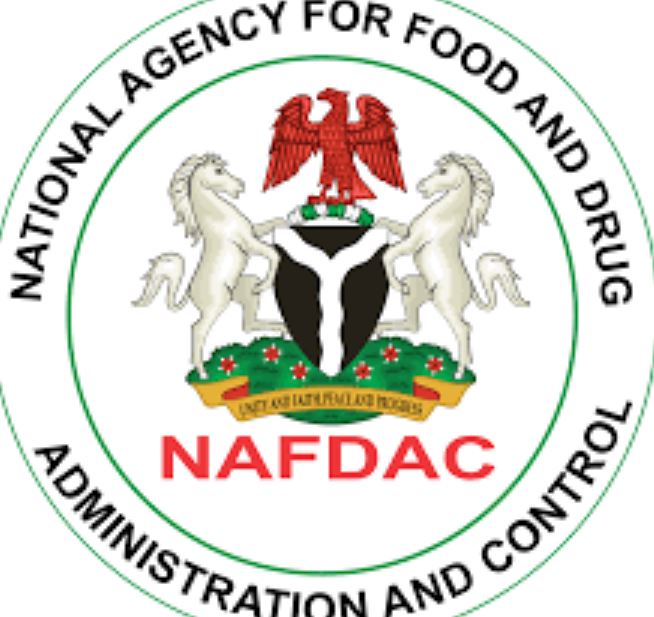
Who Founded NAFDAC in Nigeria
The National Agency for Food and Drug Administration and Control (NAFDAC) was established in 1993 by the federal government of Nigeria. It was created in response to the growing concern about counterfeit and adulterated drugs in Nigeria.
READ ALSO: The Full Meaning of NAFDAC And Their Functions
What Is The Purpose Of NAFDAC In Nigeria?
NAFDAC plays a crucial role in protecting public health in Nigeria by regulating various products and ensuring their safety and quality. Here are some of its key responsibilities:
1. Regulating Food:
NAFDAC ensures that food products sold in Nigeria are safe for consumption, which includes monitoring food production, processing, and distribution to prevent contamination and adulteration.
For example, NAFDAC sets standards for food additives, pesticides, and genetically modified organisms (GMOs) to protect consumers from harmful substances.
2. Regulating Drugs:
NAFDAC oversees the production, importation, distribution, and sale of drugs in Nigeria. This involves confirming that drugs are manufactured according to good manufacturing practices (GMP) and meet quality standards. NAFDAC also fights the proliferation of counterfeit and substandard drugs, which pose a threat to public health.
3. Regulating Cosmetics:
NAFDAC regulates the production, importation, and sale of cosmetics in Nigeria. This includes providing that cosmetics are safe for use and do not contain harmful ingredients.
NAFDAC also sets standards for cosmetic labeling and packaging to provide consumers with accurate information about the products they are using.
4. Regulating Medical Devices:
NAFDAC regulates the production, importation, and sale of medical devices in Nigeria that involves medical devices are safe and effective for their intended use.
NAFDAC also has standards for medical device labeling and packaging to provide healthcare professionals and consumers with accurate information about the devices.
5. Enforcing Regulations:
NAFDAC enforces its regulations through inspections, testing, and enforcement actions, including inspecting manufacturing facilities, testing products, and taking legal action against those who violate NAFDAC regulations.
In some cases, NAFDAC may seize counterfeit or substandard products and impose fines on companies that fail to comply with its regulations.
6. Promoting Public Awareness:
NAFDAC promotes public awareness about food safety, drug safety, and other health-related issues. They educate consumers about how to identify counterfeit and substandard products and how to report any safety concerns.
NAFDAC also works with healthcare professionals and community leaders to raise awareness about the importance of safe and quality products.
In addition to these core responsibilities, NAFDAC also collaborates with other government agencies and international organizations to promote public health.
NAFDAC works with the likes of the World Health Organization (WHO) to share information and best practices related to food safety and drug regulation.
READ ALSO: Complete List Of Inspector Generals Of Police Till Date
Who Is The Current Director-General Of NAFDAC?

The current Director-General of NAFDAC is Prof. Mojisola Adeyeye, who was appointed in 2017 by President Muhammadu Buhari. Prof. Adeyeye is a renowned pharmaceutical scientist with over 30 years of experience in the field.
She holds a Bachelor of Pharmacy degree from the University of Ibadan and a PhD in Pharmaceutical Sciences from the University of Florida.
Before she was appointed NAFDAC Director-General, she served as the Dean of the Faculty of Pharmacy at the University of Lagos.
Prof. Adeyeye has made notable contributions to the field of pharmaceutical sciences, with a focus on drug development and regulatory affairs.
She has published numerous research papers in international journals and has served on different national and international committees.
Since assuming office as NAFDAC Director-General, Prof. Adeyeye has implemented several reforms to improve the agency. She has prioritized the fight against counterfeit drugs, food adulteration, and other public health threats.
Under her leadership, NAFDAC has strengthened its regulatory framework and enforcement mechanisms to protect consumers from harmful products.
Prof. Adeyeye has also focused on improving NAFDAC’s collaboration with international organizations and other stakeholders.
She has worked with the World Health Organization (WHO) and other regulatory agencies to share information and best practices. This collaboration has helped to enhance NAFDAC’s capacity to address global health challenges.
Prof. Adeyeye’s leadership has been widely praised for her commitment to excellence and her dedication to public health. She has been instrumental in strengthening NAFDAC’s reputation as a leading regulatory agency in Africa.
In addition to her role as NAFDAC Director-General, Prof. Adeyeye is also a passionate advocate for women’s empowerment and gender equality. She has been involved in different initiatives to promote women’s participation in science and technology.
READ ALSO: How To Carry Out NAFDAC Registration (Step-By-Step)
What Are The Major Achievements Of NAFDAC Since Its Establishment?
Since its establishment in 1993, NAFDAC has achieved several notable milestones that have improved its regulatory capabilities and improved public health in Nigeria:
1. Creation Of Zonal And State Offices:
NAFDAC has established 6 zonal and 36 state offices to improve accessibility and operational efficiency to make sure that regulatory services reach communities effectively and promptly.
2. Workshops And Training:
NAFDAC has organized workshops and trainings targeting stakeholders, including pure water producers, the Patent and Proprietary Medicine Dealers Association (PPMDA), and transport unions. These initiatives promote awareness of safety standards and foster compliance among industry players.
3. International Sensitization:
NAFDAC has raised awareness about its initiatives against counterfeit products not only within Nigeria but also in countries like India, China, Pakistan, Indonesia, and Egypt.
4. Collaboration With International Ambassadors:
NAFDAC has held meetings with ambassadors from countries known for exporting fake drugs to Nigeria, seeking their cooperation in fighting this issue.
5. Destruction Of Counterfeit Drugs:
NAFDAC has successfully destroyed counterfeit drugs worth approximately 2 billion Naira in a public demonstration of commitment to eradicating fake products.
This sends a strong message to counterfeit drug traffickers and reinforces NAFDAC’s determination to protect public health.


